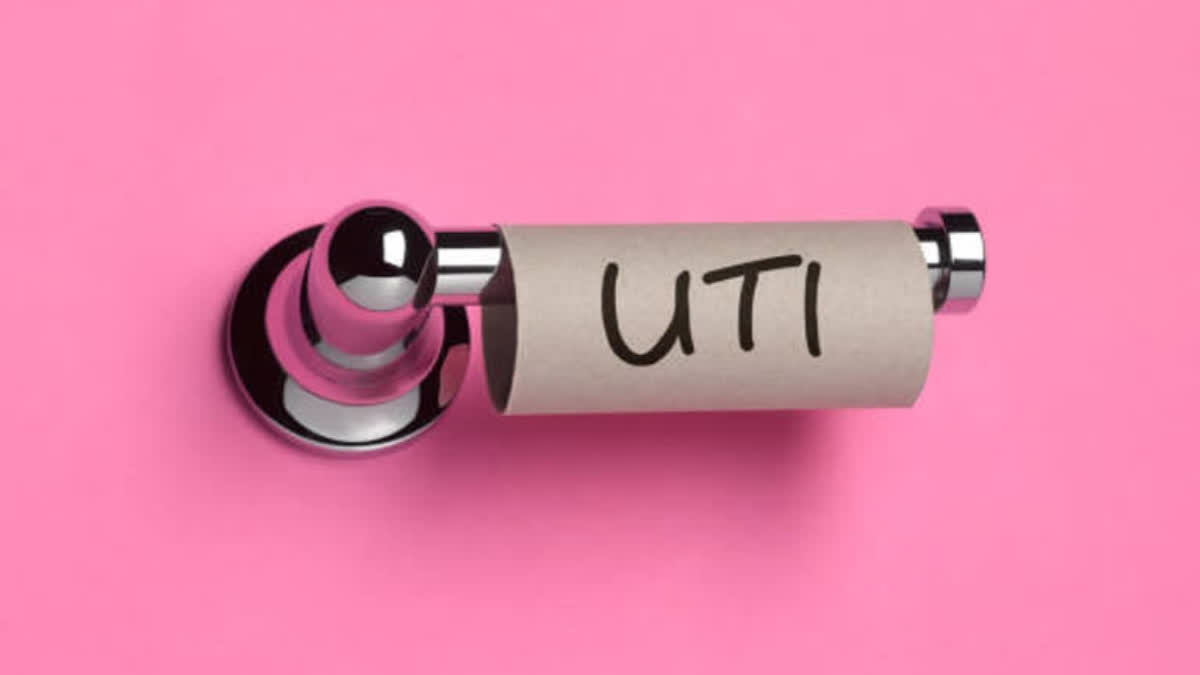Hyderabad: The general notion around urinary tract infections or UTIs is that it occurs only in women, which is not true. Although the proportion of this problem in men is less than that of women, UTIs are quite visible in adult men too. On the other hand, if UTI becomes severe in men due to lack of attention or any other reason, then it can also cause problems or serious effects in other organs related to the urinary tract including kidneys and prostate.
Dr Rohit Yadav, a urologist from Delhi NCR, explains that UTI can affect men in two ways. If the UTI occurs in the upper urinary tract, then it can cause infection or problems in the kidney or ureter. If the UTI occurs in the lower part of the urinary tract, then it can cause problems in the bladder, prostate, urethra and testicles. He explains that urinary tract infection in both men and women is a condition when the bladder, ureters, urethra and other organs associated with the urinary tract come under the influence of a bacterial infection.
UTI is more common in women because the length of the urethra in women is less as compared to men, due to which the bacteria starts growing quickly and rapidly in the bladder. On the other hand, the urinary tract of men is simple but long. It starts from the kidney in men and opens into the bladder and urethra through the urinary tract. Therefore, if UTI affects men, then the risk of infection of all the organs related to the urinary tract increases.
Also read: Eating disorders, self-harm rose among teenage girls during pandemic: Lancet
He further explains that generally, men after the age of 50 and men more active in anal sex or unprotected sex have a higher risk of contracting UTIs. But due to many other reasons, this problem can also be seen in young men. Dr Rohit Yadav explains that E. coli bacteria is responsible for most UTIs in men. Although this bacteria is already present in our body, when it enters the urethra, it starts influencing all the organs of the bladder, ureter and urinary tract. Also, if UTI increases more, it can cause serious effects in organs like kidneys, bladder, prostate and testicles. Many reasons can be responsible for UTIs in men, such as:
- Not drinking enough water.
- History of UTI.
- Benign prostatic hyperplasia.
- Diabetes.
- Sitting for longer periods.
- Bowel problems.
- Sexual Infections/STIs.
- Unprotected sex or anal intercourse, etc.
He says that in the case of UTI in men, common symptoms like problems in urination or fever are noticed. But in cases of the infection affecting other organs, some other symptoms can also be noticed. The symptoms seen in the normal conditions of UTI and other organs being affected due to it are as follows:
- Pain or burning sensations while urinating.
- Frequent urination or feeling like urinating constantly.
- Change in colour or discolouration of urine.
- Smelly urine.
- Pain in the lower abdomen.
- Pain and swelling in the testicles.
- Blood in the urine.
- Chills and fever.
- Vomiting - nausea.
- Back pain or pain in the arms.
- Feeling tired, etc.
Dr Rohit Yadav explains that the signs and symptoms of a UTI should not be ignored and should not be treated by self-medication. This can also increase the problem and have severe consequences. UTI is treated with antibiotics after examining the area of its effect. It is very important that the prescribed course of medicines is completed and necessary precautions are taken. Many times people stop taking the medicine as soon as there is some relief in the problem or do not complete the course, in such a situation there is a possibility of recurrence of infection. Apart from this, adopting some habits can be beneficial in avoiding and preventing UTIs, such as:
- Consuming water in large quantities. Apart from this, consuming natural liquids such as fruit juices, coconut water, and lemon water.
- Passing your urine at regular intervals.
- Cleaning your penis thoroughly by pulling back the foreskin, after urinating.
- Avoiding unnatural sex, especially anal sex and unprotected sex.
- Taking care of cleanliness and hygiene after sex.
- Abstaining from sex if the partner has UTI.



